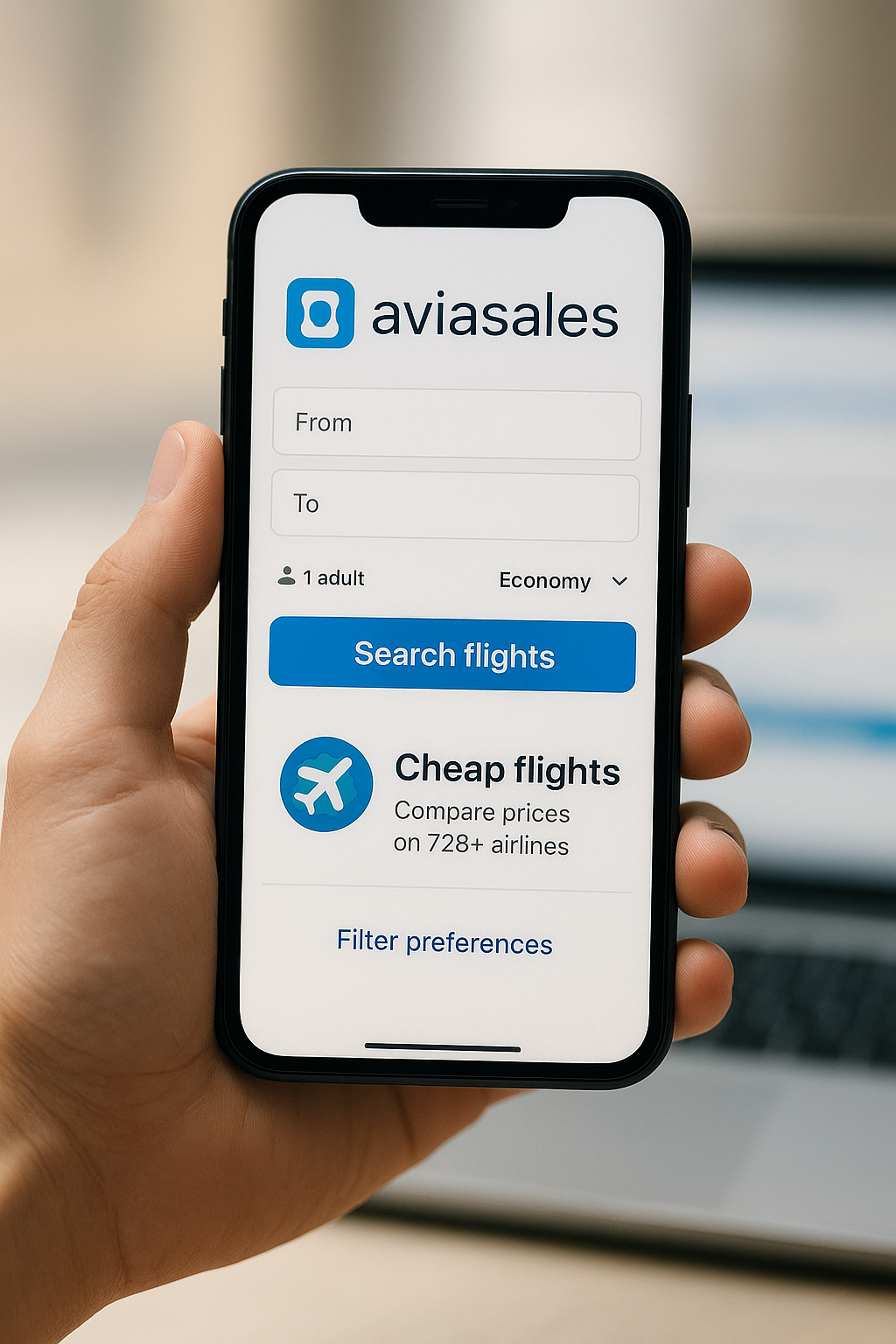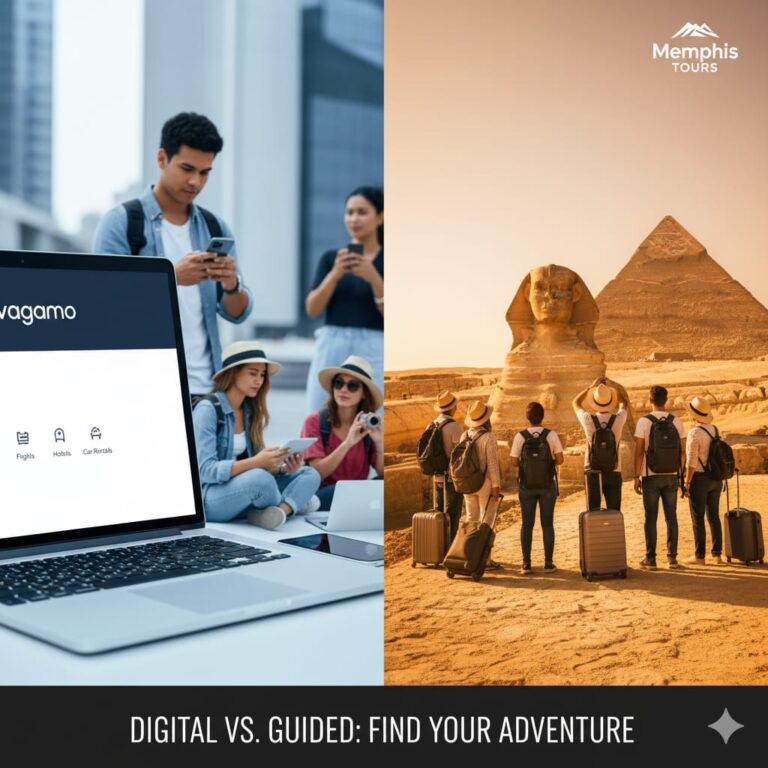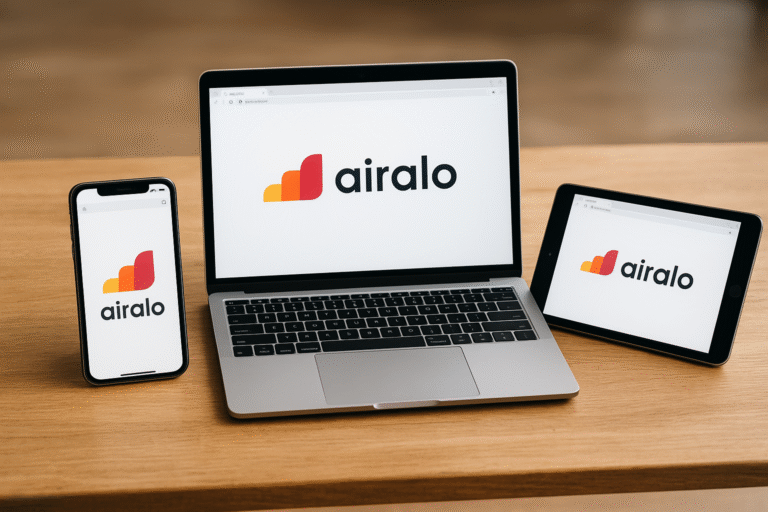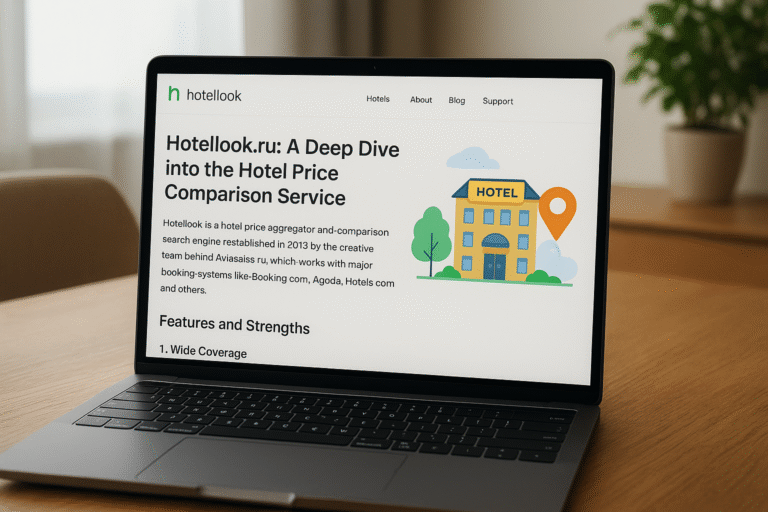Aviasales — a practical, up-to-date look at the flight metasearch everyone keeps talking about
If you hunt for cheap plane tickets (and who doesn’t), you’ve probably heard of Aviasales. It’s one of the established flight metasearch engines: it gathers fares from airlines and agencies, surfaces the best matches for your route and dates, and then sends you to the provider to complete the booking. Aviasales itself doesn’t sell tickets — it’s a finder, not a seller.
Quick background (what it is and where it came from)
Aviasales launched in the late 2000s and grew quickly in several markets across Eastern Europe, the CIS and Asia. The project (sometimes referenced alongside JetRadar and Hotellook in its ecosystem) expanded internationally and has attracted venture funding over the years — notable rounds include early investment in 2014 and a larger $43M round in 2021 as the company pushed to scale and add product lines. The brand is registered as a Hong Kong company and operates with teams in Southeast Asia.
How Aviasales works (in plain terms)
- You enter origin, destination, dates and passenger count.
- The engine searches many sources (airlines + OTAs) and ranks results by price, duration or “convenience.”
- Results include filters for stops, baggage, times and airports; when you pick a flight, Aviasales redirects you to the airline or travel agency to finish the purchase.
- Extra tools: price alerts, a low-price map/calendar view and some localized content to help with planning.
Recent product moves (what’s new)
Recently Aviasales has been adding more consumer-facing features beyond the core search: examples include a “More” subscription-style service (cashback, travel content, premium support), business intelligence offering (Aviastats), and travel guides/content meant to turn the metasearch into a fuller travel-planning hub. The company has also updated its privacy policy and other product pages in 2024–2025 to reflect those changes. If you want the newest product details, the Aviasales pressroom and official policy pages are a good single-source snapshot.
The good (what travellers like)
- Speed and scope: searches many airlines and OTAs at once, saving time vs opening multiple sites.
- Useful discovery tools: low-price map and calendar help if your dates or destinations are flexible.
- Localization: localized versions for different countries and languages (handy if you’re booking from outside major Western markets).
The not-so-great (what to watch for)
- Not the seller: because Aviasales redirects you to third parties, the final price, seat details and customer service are controlled by the booking partner — not Aviasales. That can create friction if a third-party agency changes the price or issues a ticket with incomplete details.
- Mixed app experience: app-store user reviews include both loyal fans and complaints — some users praise the search speed and price alerts; others report poor post-booking support or incomplete ticket details from third-party sellers. If you depend on 24/7 support, expect to contact the airline/agency directly.
- Price volatility: ticket prices can change quickly; Aviasales shows live options but cannot control partner pricing errors or sudden changes (standard for metasearch sites).
Practical tips to get the most from Aviasales
- Use price alerts. For routes you can wait on, alerts can save a meaningful chunk of cash.
- Compare the booking partner carefully. When Aviasales redirects you, check whether you’re on an airline’s site or an OTA — the support and refund rules differ.
- Try the low-price map/calendar if your dates or destinations are flexible — great for inspiration and savings.
- Read final fare rules before paying (baggage, change/cancel policies and total price with fees). Metasearch results might show a base fare that changes once you reach the seller’s checkout.
Who should use Aviasales (and who might avoid it)
- Good fit: budget-conscious travellers, flexible planners, people who want a fast overview of many sellers and carriers.
- Be cautious if: you want full-service booking and direct, fast customer support from the platform you buy through — in that case book directly with the airline or a well-known OTA you trust.
Final verdict (short)
If you hunt for cheap plane tickets (and who doesn’t), you’ve probably heard of Aviasales. It’s one of the established flight metasearch engines: it gathers fares from airlines and agencies, surfaces the best matches for your route and dates, and then sends you to the provider to complete the booking. Aviasales itself doesn’t sell tickets — it’s a finder, not a seller.
Quick background (what it is and where it came from)
Aviasales launched in the late 2000s and grew quickly in several markets across Eastern Europe, the CIS and Asia. The project (sometimes referenced alongside JetRadar and Hotellook in its ecosystem) expanded internationally and has attracted venture funding over the years — notable rounds include early investment in 2014 and a larger $43M round in 2021 as the company pushed to scale and add product lines. The brand is registered as a Hong Kong company and operates with teams in Southeast Asia.
How Aviasales works (in plain terms)
- You enter origin, destination, dates and passenger count.
- The engine searches many sources (airlines + OTAs) and ranks results by price, duration or “convenience.”
- Results include filters for stops, baggage, times and airports; when you pick a flight, Aviasales redirects you to the airline or travel agency to finish the purchase.
- Extra tools: price alerts, a low-price map/calendar view and some localized content to help with planning.
👉 Try searching flights now on Aviasales here.
Recent product moves (what’s new)
Recently Aviasales has been adding more consumer-facing features beyond the core search: examples include a “More” subscription-style service (cashback, travel content, premium support), business intelligence offering (Aviastats), and travel guides/content meant to turn the metasearch into a fuller travel-planning hub. The company has also updated its privacy policy and other product pages in 2024–2025 to reflect those changes.
The good (what travellers like)
- Speed and scope: searches many airlines and OTAs at once, saving time vs opening multiple sites.
- Useful discovery tools: low-price map and calendar help if your dates or destinations are flexible.
- Localization: localized versions for different countries and languages (handy if you’re booking from outside major Western markets).
The not-so-great (what to watch for)
- Not the seller: because Aviasales redirects you to third parties, the final price, seat details and customer service are controlled by the booking partner — not Aviasales.
- Mixed app experience: reviews are split — some love the simplicity and alerts, others report ticketing issues when redirected to smaller agencies.
- Price volatility: fares can change quickly; what you see on Aviasales may shift once you reach the provider’s checkout page.
Practical tips to get the most from Aviasales
- Use price alerts. For routes you can wait on, alerts can save you money.
- Check who you’re booking with. Direct airline vs OTA makes a difference in refunds and support.
- Explore the low-price map/calendar. Great for inspiration if your dates are flexible.
- Read the fine print. Baggage, cancellation and fee details matter before you pay.
Who should use Aviasales (and who might avoid it)
- Best for: budget-conscious travelers, flexible planners, and anyone who wants a quick overview of flight options.
- Less ideal for: travelers who want one company to handle both booking and support end-to-end.
Final verdict
Aviasales is a reliable, fast and practical tool for finding affordable flights. It shines with features like fare alerts, low-price maps and broad coverage. Just remember that it’s a search engine, not a travel agent — so once you click through, your booking is handled by the airline or agency.
For most travelers, the trade-off is worth it: you get powerful search tools and better chances of spotting a deal. If customer support is your top priority, booking directly with the airline might still be your best bet.







